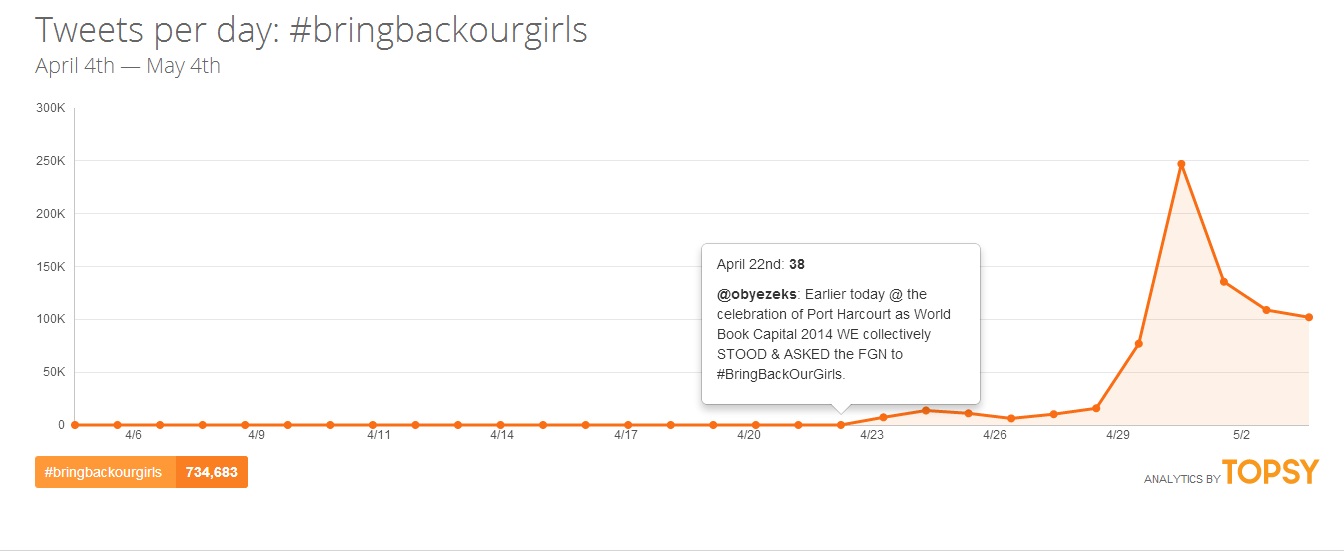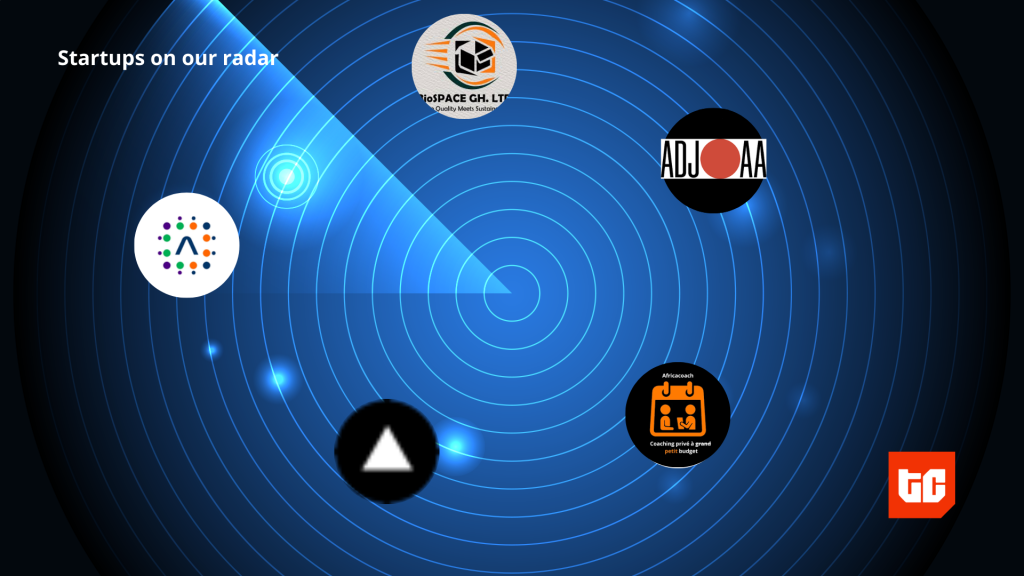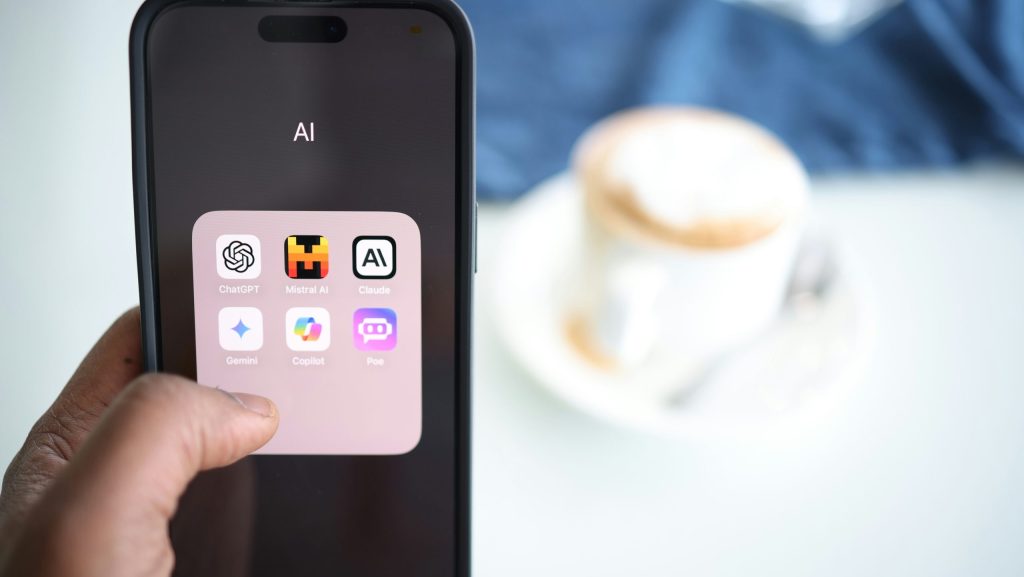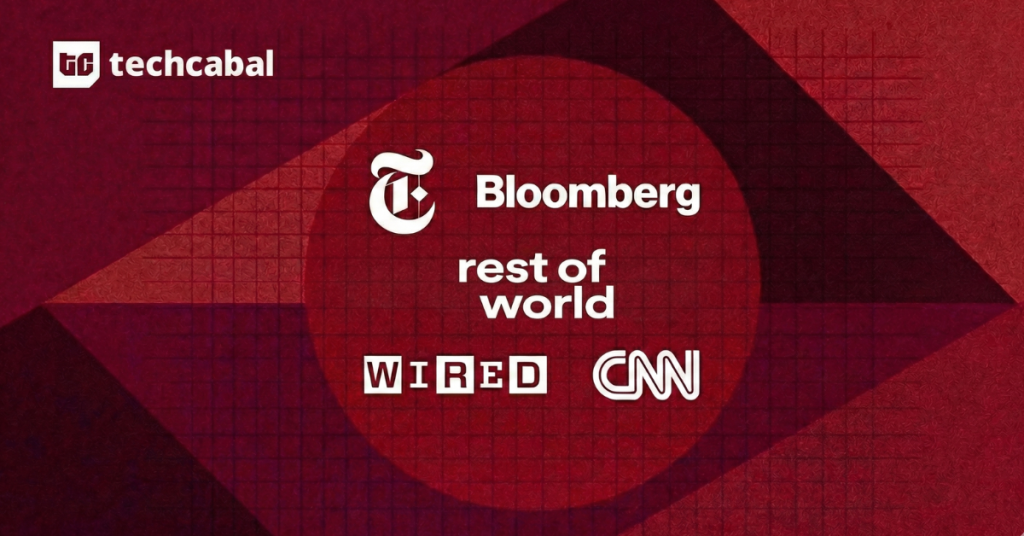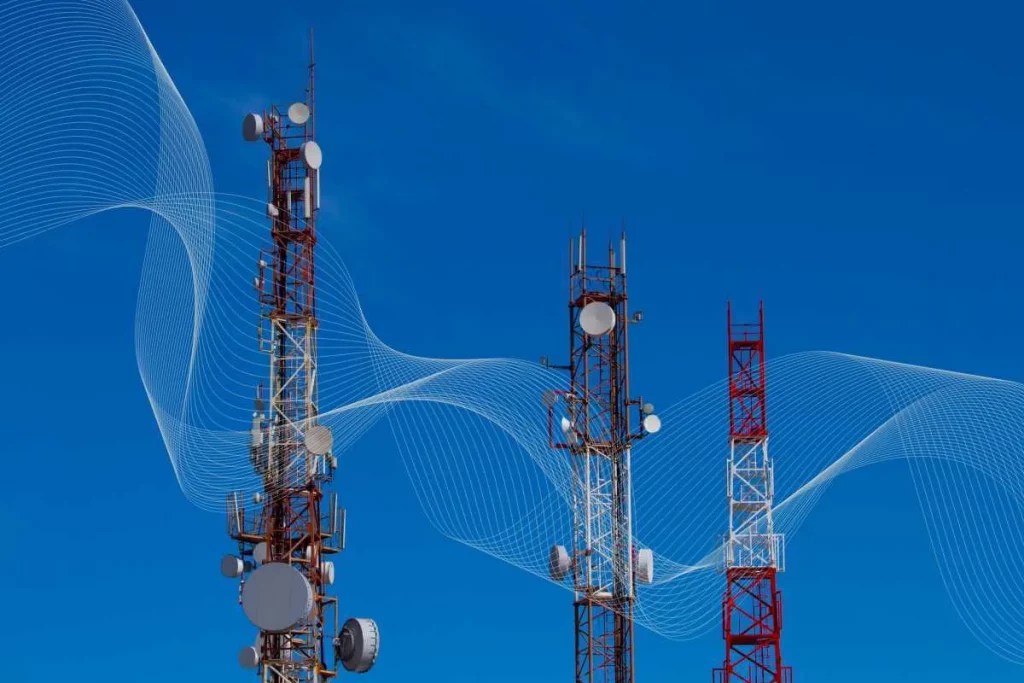It is now 3 weeks since hundreds of female students at the Government Girls’ Secondary School Chibok, Borno were abducted by presumed members of the Boko Haram sect. The news was met with great sadness as the nation was still recovering from mourning the Nyanya, Abuja bombing victims, just 24 hours earlier.
How it all began
However, while the news of the kidnapped girls was still breaking, the president was in Kano leading a PDP campaign rally. Later that same day, he made a stop at the Olubadan of Ibadan’s palace, to join the monarch in marking his 100th birthday. Photos of the rally and birthday bash were posted from the Twitter account of the presidential spokesman, Reuben Abati.
Pic 2: President Jonathan congratulating the Olubadan on his centenary birthday in ibadan today. pic.twitter.com/SxHeQgD8P5
— Reuben Abati (@abati1990) April 15, 2014
Soon the photos were spreading by way of retweets and re-uploads. The general sentiment among Nigerians was that this was a serious display of insensitivity by the president.
Goodluck Jonathan was in kano today campaigning, i just wish his daughter was among the girls kidnapped cc @Ubbricks pic.twitter.com/trchHNlQZD
— #clarioncall (@oxxenmusicgurus) April 16, 2014
Abu Shekau is somewhere reviewing his latest successes. Our President is partying in Ibadan. Helping us to "get over" the attacks
— JJ. Omojuwa (@Omojuwa) April 15, 2014
"This president has suffered psychologically as a result of this criminality,” Mr. Maku said. REALLY? The dance in Kano contradicted this!
— Oby Ezekwesili (@obyezeks) April 17, 2014
Lies and Unanswered Questions
2 days after the kidnapping, the Nigerian military announced that the girls had been rescued.
https://twitter.com/UberNewsNG/status/456574516693434369
It turned out to be a false claim, according to the aggrieved parents and officials of the school.
#vanguardngrnews Military spreading lies on our children's rescue Parents http://t.co/httTSx2vma
— Vanguard Newspapers (@vanguardngrnews) April 17, 2014
Nigerians started asking even more pressing questions
@aligthebaptist how did they transport them? By road or through bushes? Or did they contract Merlin? SMH!#terrorists
— UgbedeOjo (@sims_joelz) April 16, 2014
I thought the Nigerian military had gained total control of Sambisa Forest. Wasn't that the aim of flooding Borno with soldiers?
— Tolu Ogunlesi, MON (@toluogunlesi) April 16, 2014
Today not a single soldier or policeman seen at Chibok school.Parents + even some escaped girls were there.Where's the protection? Nigeria
— will ross (@willintune) April 18, 2014
Up to this point, no one knew the actual number of missing girls.
Is it rocket science for #Nigeria to give the actual number and the names of the abducted girls in #chibok?
— Ahmad Salkida (@A_Salkida) April 18, 2014
Are FGN and Borno State Governments @ all cooperating their efforts to RESCUE our Girls? Why this divergence of number even 7 days after?
— Oby Ezekwesili (@obyezeks) April 21, 2014
International media houses had already begun to pick up the news too
Parents say that 234 girls were kidnapped from school in Northern #Nigeria, higher than the 85 reported earlier! http://t.co/vUi9vEcqUy
— Make Every Woman Count (MEWC) (@MakeWomenCount) April 22, 2014
The exact number of missing girls had been put to 234 but it was still not certain.
Total number of girls kidnapped in Nigeria rises to 230 with 190 still missing as officials revise figures. http://t.co/rz5qzk2ZxI
— CNN International (@cnni) April 22, 2014
People needed answers
#BringBackOurGirls
Criticism of the government’s choice of silence continued mounting on Twitter. Yet, none of it had translated to any offline activism.
On the evening of Wednesday the 23rd of April however, 2 time Federal Minister under President Obasanjo’s regime, Oby Ezekwesili, who had been quite vocal on Twitter since the news of the kidnapping broke out, led the declaration of the #BringBackOurGirls hashtag
Yes #BringBackOurDaughters#BringBackOurGirls declared by @obyezeks and all people at Port Harcourt World Book Capital 2014.
— Ibrahim M. Abdullahi (@Abu_Aaid) April 23, 2014
Earlier today @ the celebration of Port Harcourt as World Book Capital 2014 WE collectively STOOD & ASKED the FGN to #BringBackOurGirls.
— Oby Ezekwesili (@obyezeks) April 23, 2014
Lend your Voice to the Cause of our Girls. Please All, use the hashtag #BringBackOurGirls to keep the momentum UNTIL they are RESCUED.
— Oby Ezekwesili (@obyezeks) April 23, 2014
The hashtag caught on like wildfire. By the second day, over 8000 tweets had been sent using #BringBackOurGirls. By the third day, that number had almost doubled.
As there was now a defined focal point to it, the conversation became even louder.
[Update] – As at today, 7th of May, the hashtag alone has garnered over 1.5 million tweets.
Attention and awareness equally increased and the international community joined the conversation in earnest. International celebreties lent their voices too
234 Nigerian girls have gone missing, and no one is talking about it… http://t.co/JLQxcExpyl PLEASE RT! #BringBackOurGirls
— Russell Simmons (@UncleRUSH) April 30, 2014
It's been two weeks since the kidnapping of 234 Nigerian girls and they still aren't home #bringbackourgirls pic.twitter.com/8OiC5GJPrc
— Mary J. Blige (@maryjblige) April 30, 2014
Children are the reward of life. Rescue our Nigerian sisters. The world is watching, Make your voice heard. Retweet! #BringBackOurGirls
— Wyclef Jean (@wyclef) May 2, 2014
Going offline
As the conversation continued to build on Twitter, pressure continued to mount on local authorities.
Most major Nigerian newspapers today leading with #BringBackOurGirls. Thanks to yesterday's Abuja march… pic.twitter.com/46IFYriOjL
— Tolu Ogunlesi, MON (@toluogunlesi) May 1, 2014
Japheth Omojuwa believes the local media houses weren’t doing enough: “really and truly, they are now getting on the issue but only because social media and the foreign media kept it on the front burner”.
But a mere feature on National dailies could only go so far. It was time to take things to the streets. And so the rallies began:
Lagos
Bring Our Girlfriends And Our Future Wives, @Gidi_Traffic #PROTEST , #BringBackOurGirls RT If You Agree pic.twitter.com/gDZfnWbGJb
— ilemori olusegun (@ILESCO981) May 1, 2014
Protester at #BringBackOurGirls #StolenDreams protest in Lagos pic.twitter.com/bjjKnOEVbe
— Karo (@Karovoni) May 1, 2014
Abuja
Pix frm unity fountain abuja #BringBackOurGirls pic.twitter.com/kXz5fnu6g6
— Larry||crea8iv edge (@LarryMcAmusan) April 30, 2014
Great day tweeps, be a part of the 1 million women March holding in Abuja and other cities today. #BringBackOurGirls pic.twitter.com/27fNAYSSbE
— Godman Akinlabi (@PGeeman) April 30, 2014
Kaduna
#BringBackOurGirls. #Kaduna pic.twitter.com/Z3qqusISZq
— Bashir Dabo (@Bashir_Dabo) May 1, 2014
Women from all over Kaduna are the streets today demanding that the Govt shld #BringBackOurGirls pic.twitter.com/QeBGnRwzno
— #Citizen ✊🏼 Olatunji (@tunjibaruwa) May 1, 2014
The international community was not left out
Today's rally in NY outside Nigerian Consulate calling on leaders to act now. Keep going NYC!! #bringbackourgirls pic.twitter.com/J7JLkyyS4n
— Bringbackourgirls (@rescueourgirls) May 2, 2014
Protest outside Nigerian embassy in London #bringbackourgirls #c4news pic.twitter.com/h0ZrD6xQvj
— Fatima Manji (@fatimamanji) May 3, 2014
Nigerians living in Washington DC protest the abduction of school girls in northern Nigeria #BringBackOurGirls pic.twitter.com/cu2El1HzvB
— IQ4News (@IQ4News) May 4, 2014
Calabar
#BringBackOurGirls #Calabar in session pic.twitter.com/m1h0FaVbcq
— JJ. Omojuwa (@Omojuwa) May 4, 2014
Still there was silence from the government. And local media houses appeared to do more of reporting than leading the conversation.
This was CNN’s cue….
I'm in Nigeria for in-depth #CNN coverage of missing schoolgirls. We all want answers! #BringBackOurGirls pic.twitter.com/evJlTXWHUE
— Isha Sesay (@IshaSesay) May 2, 2014
To my #Nigerian friends and #BringBackOurGirls – Know @CNN is going to be ALL OVER this story, all the time from now on…somebody has to!
— Jim Clancy (@ClancyReports) May 3, 2014
Finally, some reaction from the Government?
#vanguardngrnews I will lead protest to Chibok, says Patience Jonathan http://t.co/B6JT1MOwY5
— Vanguard Newspapers (@vanguardngrnews) May 3, 2014
Maybe too little too late?
Patience Jonathan DOES NOT NEED to protest. Whose attention is she protesting for? The President? Aren't they still married? Yeye!
— JJ. Omojuwa (@Omojuwa) May 3, 2014
However President Jonathan finally broke his silence yesterday during the Presidential Media Chat, where he entertained questions from selected members of press. While Nigerians were happy to finally hear from the president, the general opinion was that his answers were unsatisfactory.
What next?
Twitter has obviously had a huge role to play in this cause of finding the missing girls. Nigerians have been motivated to move from armchair critics to true activists. But has it been enough?
“What can be done offline is being done. All we need to do is make it more effective. While we hit the streets, we must knock on the doors of those people whose responsibility it is to keep our people safe. Whatever we do, we must be wary of the evil elements in our midst and understand that this is not just about the girls, it is about every child in Nigeria. To let them know we care as a people, that as a country we will always care about the issues that matter to them” – Japheth Omojuwa
Meanwhile, online or offline, Twitter continues to lead the conversation
Mon, May 5. #Lagos. #BringBackOurGirls Rally. Please lend your voice. 9 am Allen Roundabout walk to Governor's Office. @BBCAfrica
— EiE Nigeria (@EiENigeria) May 5, 2014





